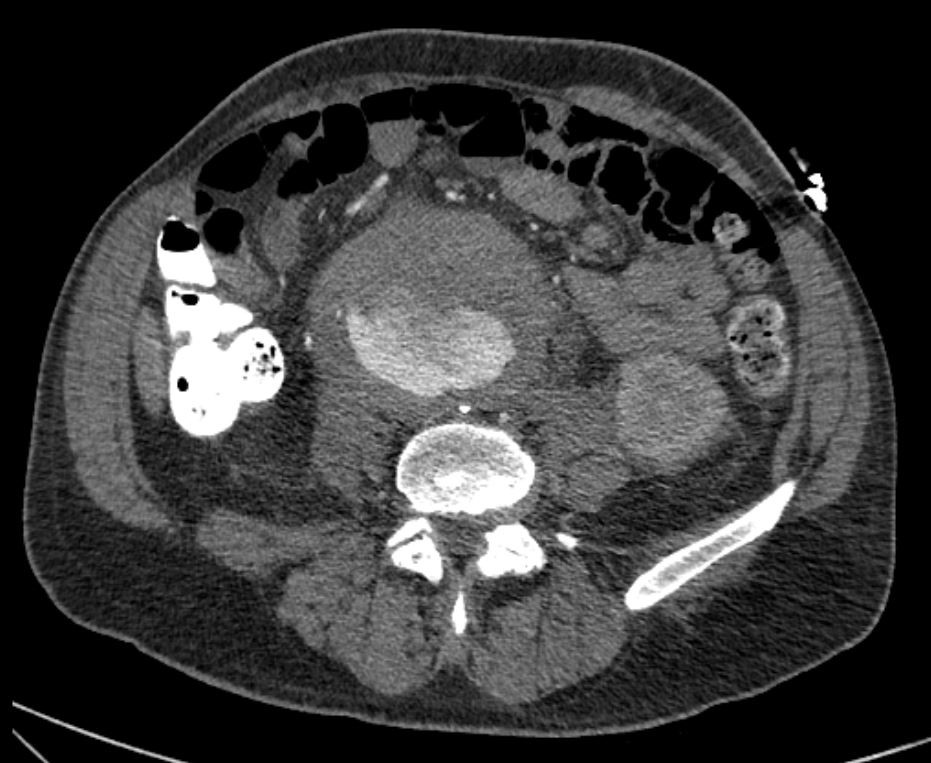Emergent Open Repair of a Symptomatic Abdominal Aortic Aneurysm in a Jehovah's Witness: A Case Report
David Dockray, MD, Hao Pham, MD, Todd Russell, MD, David Paolini, MD, Fedor Lurie, MD, Gregory Kasper, MD.
Jobst Vascular Institute, Toledo, OH, USA.
OBJECTIVES: Treatment of Jehovah’s Witness (JW) patients over the last several decades has led to advances and awareness of bloodless surgery. We describe the case of a JW patient who underwent open repair of an abdominal aortic aneurysm (AAA) without blood transfusion. METHODS: A 63 year old male JW patient transferred to our vascular and bloodless surgery team with a ruptured 8 cm AAA. An open AAA repair via transperitoneal approach was urgently performed. Cell saver and cryoprecipitate were used in accordance with his wishes, and no blood products were transfused. Postoperatively the patient was kept intubated in ICU for 9 days, managed with our hospital’s bloodless surgery protocol which includes: minimizing blood draws, using pediatric tubes, iron and folic acid supplementation and erythropoietin. His hemoglobin was 7.2 g/dL postoperatively and dropped to a nadir of 6.2 g/dL on postoperative day 5. His course was complicated by prolonged ventilator requirement and acute kidney injury requiring dialysis. He was discharged to rehab on postoperative day 22 with a hemoglobin of 10.1 g/dL. RESULTS: This report illustrates the effectiveness of a bloodless surgery team in a case of ruptured aortic aneurysm. The standard of care for patients with ruptured AAA include utilization of large amounts of blood and/or blood products. In the care of a JW patient, such routine practice becomes impossible for ethical reasons. Implementation of structured care protocols which include intraoperative blood saving measures and post-operative minimization of blood loss provides means to decrease the risks and severity of complications associated with a significant blood loss. A dedicated “Bloodless Surgery” team plays a key role in coordinating the efforts of all stakeholders. Educating JW communities and local healthcare providers about availability of such teams may decrease unnecessary delays in urgent care. CONCLUSIONS: Open major vascular reconstruction, including repair of ruptured abdominal aortic aneurysms, can be performed safely and effectively in patients who will not accept blood transfusion. Adherence to meticulous hemostasis as well as a multidisciplinary team approach from the preoperative phase all the way through discharge provides the patient the best possible outcome while respecting the patient’s fundamental beliefs. 
Back to 2018 ePosters




